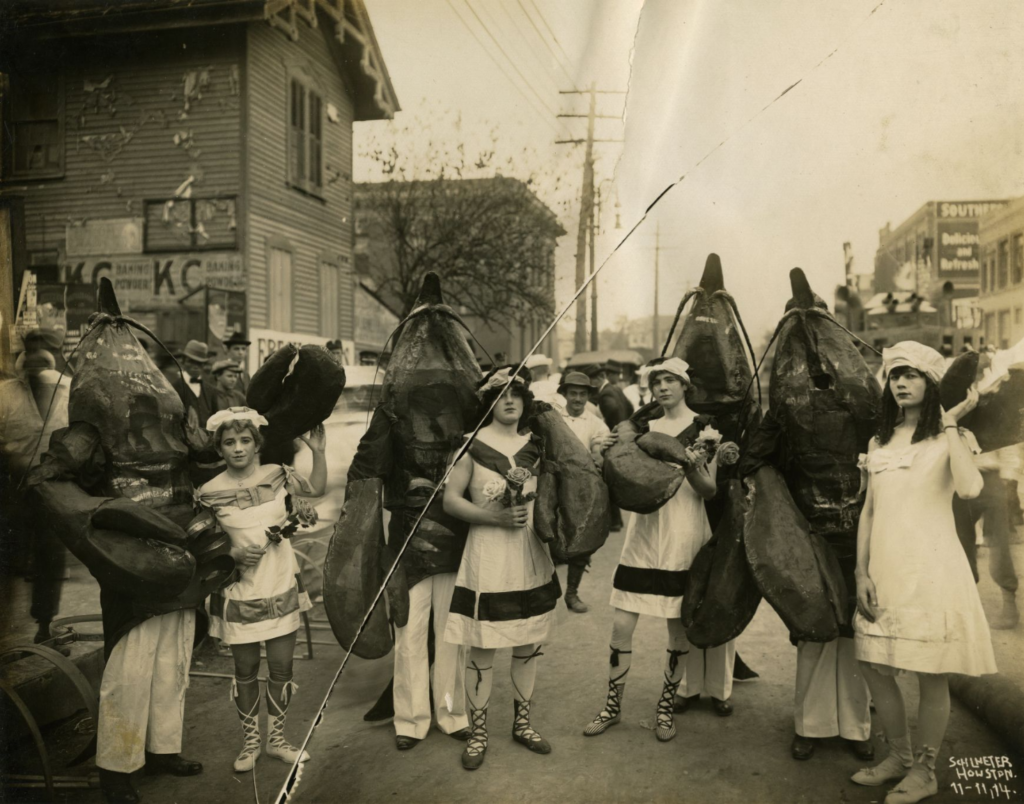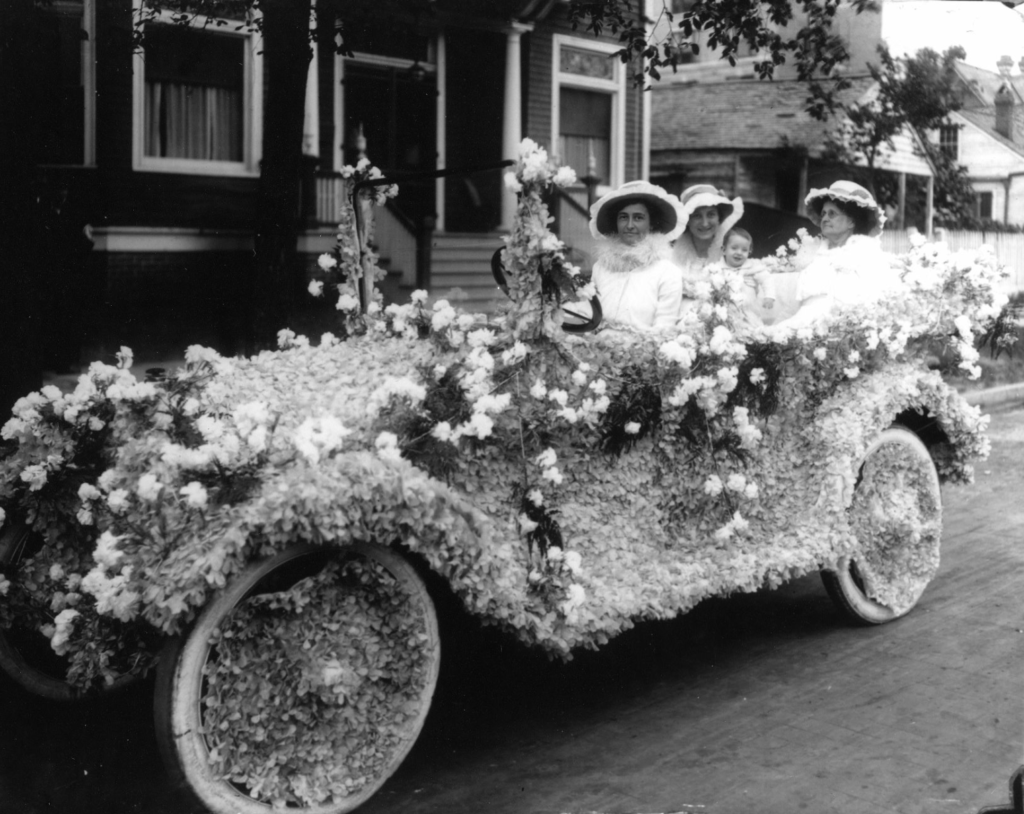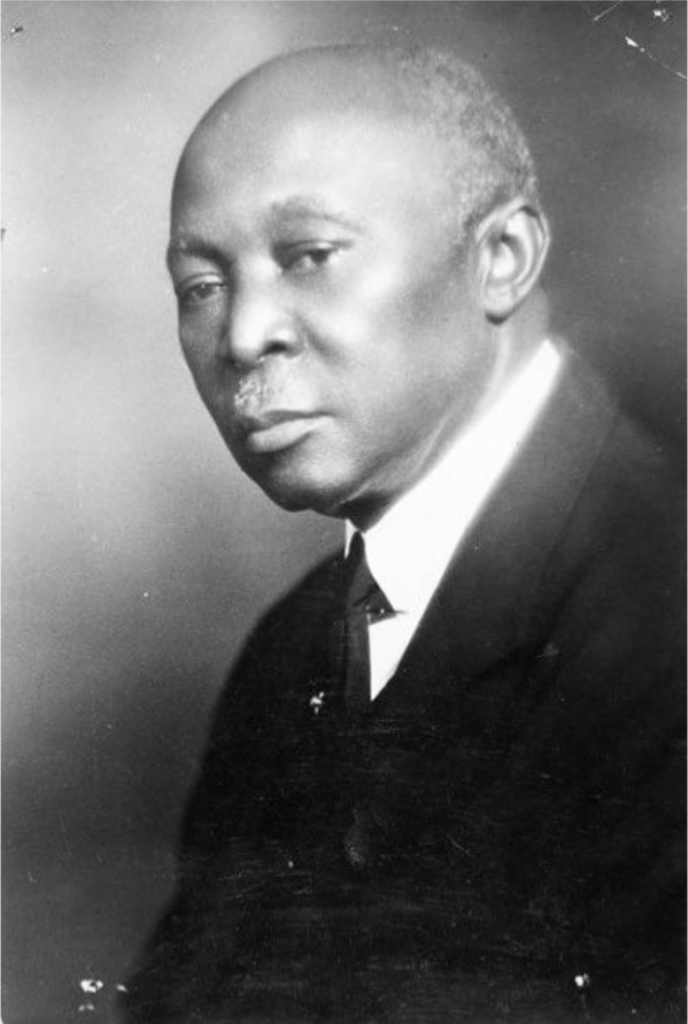A brief history of Houston’s segregated Mardi Gras: “No-Tsu-Oh” and “De-Ro-Loc No-Tsu Oh”

Photographer: Frank Schlueter
No-Tsu-Oh, Houston spelled backwards, was a city-wide festival that usually lasted for several days on end. People would bust out their wackiest costumes, colorful floats, and line the streets of Downtown Houston for days of drunken debauchery. No-Tsu-Oh was Houston’s very own Mardi Gras and was filled with cross-dressing, parades, balls, and lots of alcohol.
Each year’s No-Tsu-Oh festival had a theme and an elected king similar to the Mardi Gras Rex. In No-Tsu-Oh‘s case, the elected king, usually a local businessman, received the title of King Nottoc or King Retaw.
Backward words were a part of No-Tsu-Oh‘s quirkiness and these titles were references to Houston’s main sources of income at the time, cotton and the Houston Ship Channel (water). Later, King Lio (oil) was also added as a title.

Unknown photographer, 1914-1915
There was only one problem with No-Tsu-Oh – it was segregated like everything else in the South at the time. Black people were not allowed to partake in or even attend the festivities.
In response, Houston’s Black community created their own version of No-Tsu-Oh called De-Ro-Loc No-Tsu-Oh (Colored Houston) in 1909. The festival was held around the same time of the year as No-Tsu-Oh, but took place in the Third Ward’s Emancipation Park.
The elected kings of De-Ro-Loc No-Tsu-Oh were usually prominent businessmen in the Black community and received titles such as La-Yol E-Civ-Res (Loyal Service).
One of them was Dr. Benjamin Covington (1869-1961), esteemed doctor and founder of Houston’s first Black hospital, who was the fourth elected king of De-Ro-Loc Not-Tsu-Oh. If you’re a musician, you may recognize the last name as he was the father of Jessie Covington Dent (1904-2001), renowned pianist and educator*.

No-Tsu-Oh lasted from 1899 to 1915, when it was banned under mounting pressure from local newspapers due to the United States’ involvement in World War I. De-Ro-Loc No-Tsu-Oh, however, continued until 1920, when it ceased due to lack of funding.
For a deeper dive into the history of De-Ro-Loc No-Tsu-Oh, here’s an awesome PDF courtesy of Houston History Magazine.
*The Covington Family was phenomenal in their own right and their impact on the Houston/New Orleans Black communities will definitely be shared in a future post.